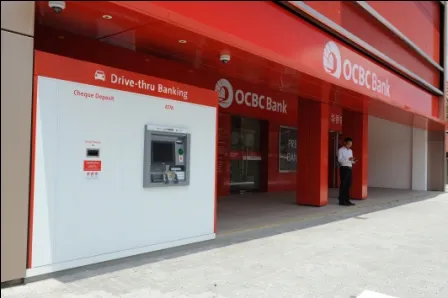
Here's why OCBC is still not analysts' favorite
OCBC’s credit costs are feared to rise.
CIMB analysts do not like OCBC because: 1) GEH’s accounting earnings will likely stay depressed as rates rise, 2)there is no semblance of broad-based fee growth to cushion the softer WM earnings in this climate, and 3) OCBC’s credit costs will rise if Asian asset quality deteriorates.
Here's more from CIMB:
Insurance contribution will be weighed down
In Aug, 10-year SGS yields rose by ~30bp and 10-year US treasury yields rose by 20bp. Talk of tapering has intensified. The US Fed is widely expected to scale back QE by 4Q13.
When interest rates rise, OCBC’s insurance earnings will be dragged down as non-par gains subside. OCBC’s 2012 ROE beat peers because GEH’s accounting earnings were buoyed by the rising bond market.
The reverse is now true. We expect OCBC’s ROE to lag peers now, making it difficult to justify current valuations.
Non-interest income hinges on wealth management
If OCBC’s non-interest income engines were more diversified, then there would be some support from transactional fee income. Our findings show that it has lagged peers in trade fees, loan fees and investment-related fee growth.
The only fee streams that OCBC excels at are wealth management (WM) and insurance. The recent guidance that private banking flows have been slower than normal does not foster confidence that WM will cushion the lower insurance contribution.
Not always the lowest NPL
The worst credit quality problems of Singaporean banks typically do not emanate from their Singaporean loan books.
In 1998, it was Indonesian loans. In 2008, it was OECD loans and investment securities (CDO, bank debt). OCBC was top in 2009’s asset quality class because it did not have these credits.
However, as OCBC currently has the highest exposure to problematic Indonesia and India, it is likely that its NPL will deteriorate to the same level as its peers’. Coming from especially low levels, increasing credit costs will pose a potential headwind to earnings.



















 Advertise
Advertise











